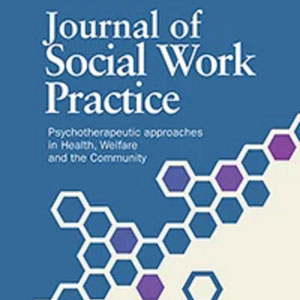
Now, 25 years later, resilience theory is sometimes conversationally described as a 'fad' or a 'band wagon' onto which everyone is climbing. At that time resilience theory was considered 'cutting edge', heralding a potential paradigm shift in social work thinking. Even the strengths perspective, now ubiquitous in social work literature, had emerged only in 1989 (Weick, Rapp, Sullivan & Kisthardt, 1989). When I first began talking and writing about resilience in the early 1990s, the term was unfamiliar to most of my colleagues.

Resilience theory is becoming increasingly popular in research, across both nations and disciplines.

The relevance of resilience theory for social work in South Africa is evaluated according to three criteria: the research questions it generates, its contribution to indigenous knowledge and decolonisation, and its contribution to social development The review addresses three aspects of resilience theory: its definition, the construction of adversity and outcomes, and the nature and scope of resilience processes. This article provides a critical review of resilience theory, drawing on an array of key authors, dating back fifty years. Īs resilience theory gains traction as a theoretical framework for research in social work, it is important to engage with it critically. A critical review of resilience theory and its relevance for social workĭepartment of Social Work, University of Johannesburg, South Africa.


 0 kommentar(er)
0 kommentar(er)
